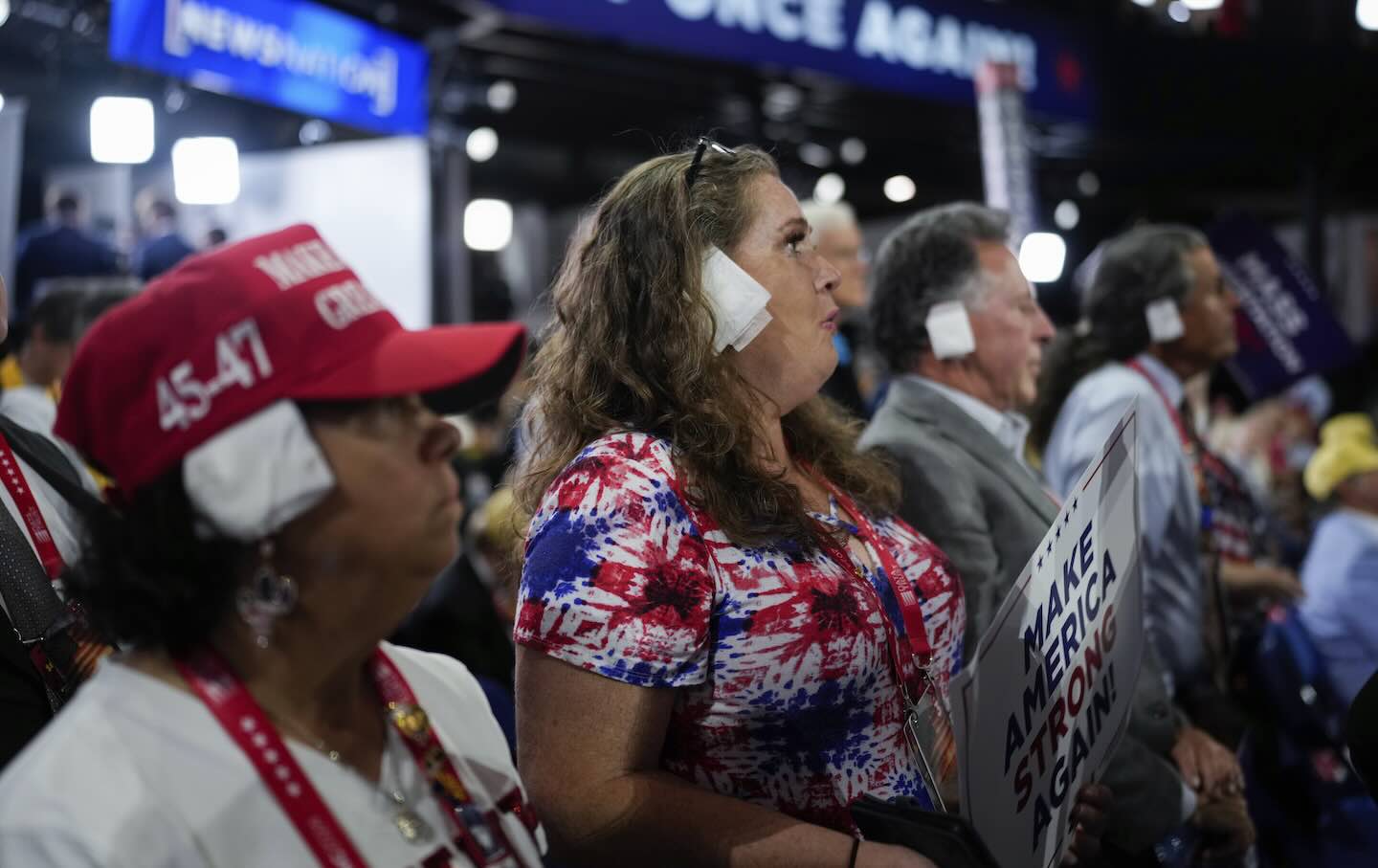If Biden stays in the race, it just might.
Nearly three centuries ago, an ear changed the course of human history. In 1731, Spanish coast guards in the Caribbean boarded a British ship captained by one Robert Jenkins, and—in the ensuing melee—cut off one of his ears. The ear was salvaged, somehow, and kept in a pickling jar.
News traveled slowly in those days, but seven years later, Jenkins—who seems to have been essentially a privateer detailed by the English crown to raid Spanish galleons in the New World—appeared before a committee of the Houses of Parliament, the jar with his pickled ear in hand. The public was whipped up into a frenzy of indignation against the Spaniards and their ruthless, ear-cutting methods.
It was at least in part because of Jenkins’s testimony that the nascent British empire went to war with the Spanish empire, triggering an almost decade-long conflagration. Fighting erupted between the two imperial powers on multiple continents, including the southeastern region of what is now the United States, and that war—in merging with the War of Austrian Succession—helped reshape alliances and power dynamics across Europe and the New World.
Historians now call that war, which helped turbocharge the growth of the British empire, the War of Jenkins’ Ear.
Twenty twenty-four is a long way from 1731, and news today ricochets around the world in minutes, if not seconds, rather than in years. But despite the differences, there are also similarities. Once again, one man’s ear is having an outsize impact on the world order.
When, for reasons still unclear, Thomas Matthew Crooks used a high-powered rifle in his attempt to gun down Donald Trump last week, he narrowly missed his mark but succeeded instead in nicking the felonious ex-president’s ear. The image of a bloodied Trump rising, Phoenix-like, from the dais floor onto which he had ducked and where his security detail promptly covered him with protective layers of bodies, raising his fists and shouting out “Fight! Fight! Fight!” instantly became an iconic part of what these days passes for the national political “conversation.” So, too, days later when a triumphant Trump, his right ear covered in a white bandage, marched out to accept the adulatory praises of the GOP convention crowd, his national image was instantly reset.
I had thought it was impossible, but over the course of the half-week between when Trump’s ear took a bullet and when the GOP convention hit full swing, somehow the brutalist, corrupt, amoral, insurrection-inspiring, fascist-flirting, MAGA-man was remade in much of the popular imagination as almost sympathetic. Otherwise intelligent commentators, who had spent years chronicling the vast perils to American democracy represented by Trump, and who had often borne the brunt of Trump’s attacks against the political press—the “enemy of the people,” as he put it—suddenly were willing to respectablize the noxious candidate. Think of it as an exercise in cuddling cacti.
At the GOP convention, which party leaders originally set up as a MAGA-fest of vengeance and culture-war rage, delegates have, in the wake of the shooting, been feverishly at work making themselves out to look nice, reasonable even, and to somehow portray their extremist party as the party o














